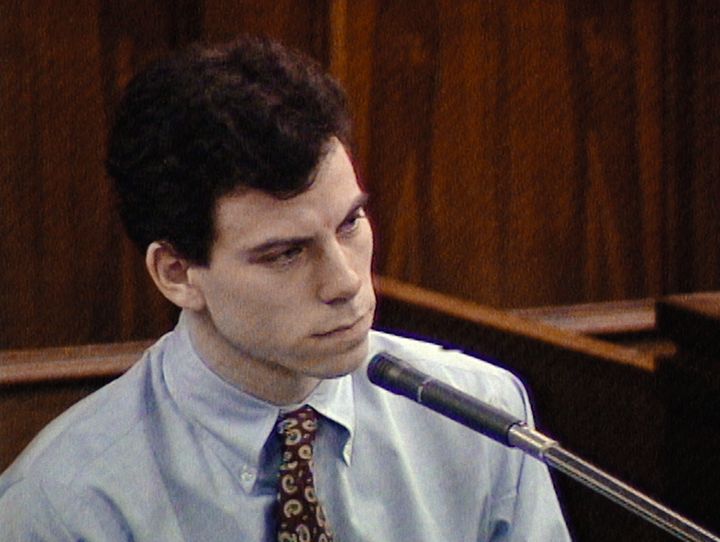Not a day has gone by in the past several weeks that the words “Menendez brothers” haven’t appeared at the top of a social media timeline or in a news headline. It’s, well, almost like we’ve jumped into a time machine back to 1993, the year that Court TV broadcasted Lyle and Erik Menendez’s trial for the murders of their parents Kitty and José Menendez.
The brothers, who were convicted of first-degree murder in 1996 and sentenced to two consecutive life prison terms, were the subject of relentless judgment and chatter from the peanut gallery watching from home.
This time, though, the narrative around them is different. Amid recent true crime narratives — a podcast as well as both a documentary and scripted drama on Netflix — that revisit their case, a younger and newly informed generation has especially been looking at the pair’s case through a fresh and more empathetic lens.
Now, despite decades of attempts by the siblings’ legal teams to appeal their sentencing, a judge is now seriously considering their plea based on new evidence supporting their original defense that their parents were abusing them. A hearing for their case is set for Nov. 26. As a result, they could be released very soon.
As encouraging as that is for Lyle and Erik, and many other alleged victims of sexual abuse whose claims are too often ignored, the impact of the newly reframed pop culture conversation around them brings up a whole host of complicated thoughts.
For one thing, the growing popularity of the true crime genre on-screen as well as online radio often attracts more viewers today than years of news reports and other journalistic coverage. But with that rise comes questions concerning how it influences truth and conjecture in a criminal case.
But Kelly Hyman, an attorney who also hosts the true crime podcast, “Once Upon a Crime in Hollywood,” thinks the trend has a positive effect.
“It gives people an opportunity to hear about or see stuff that has never been seen before, and hopefully it will be a positive change,” she said on a video call. “I try to believe that the glass is half full and that it gives the victims an opportunity to shed light on what they’ve experienced.”
That positive change, she added, could come through the court system: “Hopefully it will bring about justice, because ultimately it’s about seeking justice, right?”
Click Here to Read the Full Original Article at Culture & Arts…

